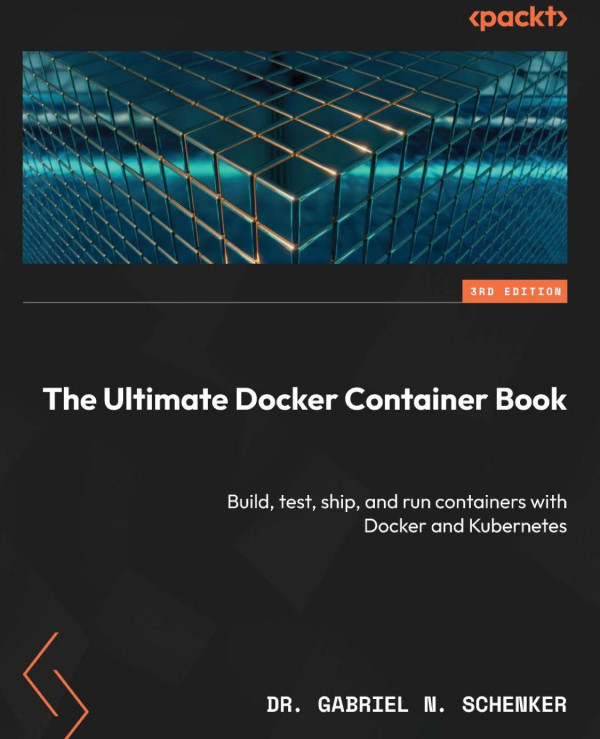

Most ebook files are in PDF format, so you can easily read them using various software such as Foxit Reader or directly on the Google Chrome browser.
Some ebook files are released by publishers in other formats such as .awz, .mobi, .epub, .fb2, etc. You may need to install specific software to read these formats on mobile/PC, such as Calibre.
Please read the tutorial at this link: https://ebookbell.com/faq
We offer FREE conversion to the popular formats you request; however, this may take some time. Therefore, right after payment, please email us, and we will try to provide the service as quickly as possible.
For some exceptional file formats or broken links (if any), please refrain from opening any disputes. Instead, email us first, and we will try to assist within a maximum of 6 hours.
EbookBell Team

4.3
98 reviewsBuild, ship, and run containers from scratch with Docker and Kubernetes be it on premise or in the cloud
Key FeaturesThe Ultimate Docker Container Book, 3rd edition enables you to leverage Docker containers for streamlined software development. You’ll uncover Docker fundamentals and how containers improve software supply chain efficiency and enhance security.
You’ll start by learning practical skills such as setting up Docker environments, handling stateful components, running and testing code within containers, and managing Docker images. You’ll also explore how to adapt legacy applications for containerization and understand distributed application architecture. Next, you’ll delve into Docker's networking model, software-defined networks for secure applications, and Docker compose for managing multi-service applications along with tools for log analysis and metrics. You’ll further deepen your understanding of popular orchestrators like Kubernetes and Docker swarmkit, exploring their key concepts, and deployment strategies for resilient applications. In the final sections, you’ll gain insights into deploying containerized applications on major cloud platforms, including Azure, AWS, and GCE and discover techniques for production monitoring and troubleshooting.
By the end of this book, you’ll be well-equipped to manage and scale containerized applications effectively.
What you will learnThis book is for Linux professionals, system administrators, operations engineers, DevOps engineers, software architects, and developers looking to work with Docker and Kubernetes from scratch. A basic understanding of Docker containers is recommended, but no prior knowledge of Kubernetes is required. Familiarity with scripting tools such as Bash or PowerShell will be advantageous.
Table of Contents